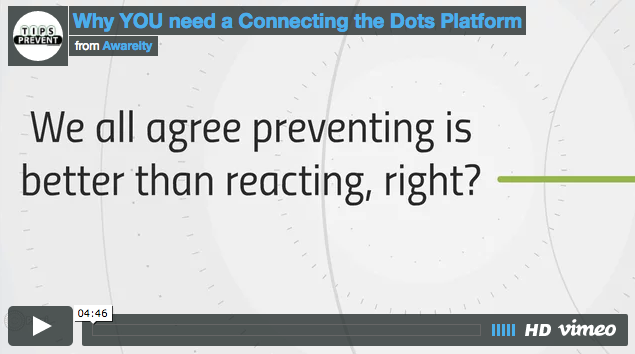99.9% Do NOT Budget for What 99.9% of People WANT… What is it?
Numerous surveys reveal: 99.9% of people WANT a shooter to be prevented from arriving at their organization rather than responding to a shooter at their organization. 99.9% of people WANT a terrorist to be prevented from attacking their organization rather than responding to a terrorist attack at their organization. Evidence-based data and lessons learned reveal: Hundreds and hundreds of acts of violence were preventable, but failed to be prevented. More research from the “The Final Report and Findings of the Safe School Initiative” by the Secret Service found in over 80% of the shootings, other people knew about the attack before it took place. TheRead More →





